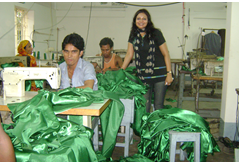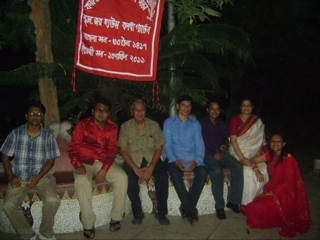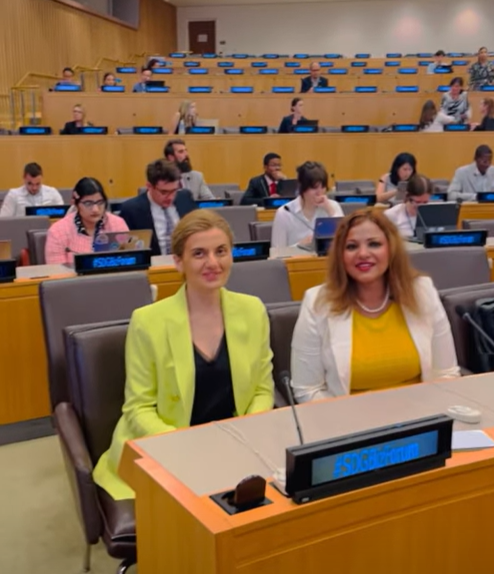Last week, British lawmaker Christian Wakeford opened his office door in the market town of Radcliffe to a passer-by who wanted to talk about the area’s regeneration.
A day later, Wakeford said, he would not have let the man straight into his office.
What had changed was that a day after Wakeford’s conversation with the man, his fellow Conservative Party lawmaker David Amess was stabbed to death at a church in southern England as he was meeting local people.
The killing, five years after opposition Labour lawmaker Jo Cox was shot and stabbed to death by a Nazi-obsessed loner as she arrived to meet voters, once again raised questions about the safety of British members of parliament (MPs).
On Wednesday, interior minister Priti Patel said the threat level to MPs was now deemed to be substantial.
That announcement came as no surprise for Wakeford, 36, who has received one death threat and seen his office vandalised twice since he was first elected in 2019 to represent the district of Bury South in northern England.
“But Friday and Saturday were the first times I really questioned my safety. I think it was just ‘what does it all mean? What are we doing? Are we actually safe?’ There are a lot of questions that still aren’t being answered,” he said in an interview.
MPs regularly hold one-to-one “surgeries”, similar to a patient’s consultation with a doctor, at which they meet, listen to and advise members of the public who elected them.
They view this traditional practice as the bedrock of British politics, a system unmatched in many other countries, but with little or no security and an emphasis on accessibility for all, surgeries can make lawmakers vulnerable.
“David was one of the nicest people you could think of,” Wakeford said, as he described how shaken he had been by Amess’s killing. “It was more that, if it could happen to him, it could literally happen to anyone.”
On Thursday, police charged Ali Harbi Ali, 25, with the murder of Amess, saying it was an act of terrorism.
STAY VIRTUAL?
After the killing of Cox, a nationwide programme aimed at giving lawmakers extra security for their homes and offices was set up.
Although the COVID-19 pandemic temporarily pushed most meetings online, lawmakers have returned to public appearances as lockdown measures have eased. Many fear their absence from view could hurt their electoral chances.
But Amess’s murder has again put their safety into focus, with Patel saying MPs must take the change in risk seriously and access the security available to them.
The risks create a dilemma for MPs. Wakeford said the police had been “very good in terms of reassurance in the last week” but he is unsure whether he wants security guards, fearing this might create barriers.
Some lawmakers have encouraged colleagues to hold only remote meetings. Others, including Labour’s Stephen Timms, who was stabbed at his constituency surgery in 2010, suggested asking the police to review their appointment lists.
An overwhelming number believe the tone of political discourse, especially on social media sites where many are subjected to daily abuse, should change but MPs are divided over whether there should be a ban on social media anonymity.
A few have started to wonder out loud whether they should carry on, with Cox’s sister and now Labour lawmaker Kim Leadbeater saying her partner had urged her to quit.
After Amess was killed, she told the BBC: “My partner came home and said, ‘I don’t want you to do it any more’ because the next time that phone goes, it could be a different conversation.”
But despite the risks involved, most would not countenance the idea of not meeting constituents face-to-face.
“We must not give up on the accessibility of Members of Parliament,” Timms told parliament. “If we do, the sponsors of those who attacked David and who attacked me will have succeeded. That must not happen.”






















